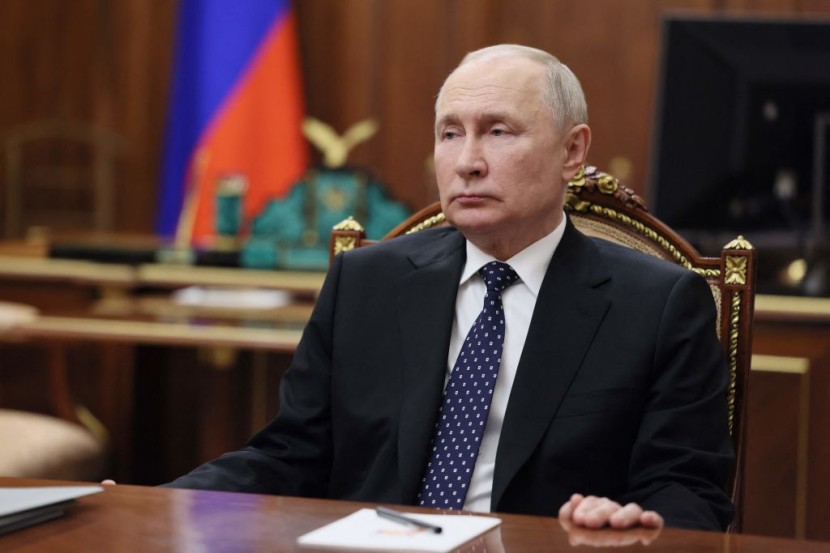NATO allies suspended their participation in the Conventional Armed Forces in Europe (CFE) Treaty on Tuesday, just hours after Russia's formal withdrawal from the accord, signaling a potential shift in European security and arms control dynamics.
The CFE, a pivotal Cold War-era treaty signed in 1990, sought to establish military balance by setting caps on the number of heavy weapons between the Atlantic Ocean and the Ural Mountains. This move aimed to prevent NATO and the Warsaw Pact from engaging in an arms buildup along their respective borders, as per AP News.
NATO Suspends CFE Treaty Role Following Russian Withdrawal

NATO's response follows Russia's cessation of CFE obligations, citing the pact's obsolescence and NATO's expansion to include Finland and Sweden as the "last straw." With the inclusion of these countries, Russia argued that NATO could potentially concentrate military forces along its northwestern frontier.
John Kirby, the National Security Council's strategic communications chief, expressed that the Russian exit left the US and its allies with "no choice" but to cease observance of the treaty.
The alliance, encompassing 31 member countries, underscored that continuing under the treaty without Russian participation would be "unsustainable," emphasizing that Russia undermined arms control principles such as reciprocity, transparency, and verification.
Germany mirrored this sentiment, stating that without Russia, the treaty's goal of ensuring balanced military capabilities in Europe could not be met. On a bipartisan front, US Senators Ben Cardin and Jim Risch commended the move, suggesting it as an opportunity to reassess military positions in Europe in light of Russian threats.
However, experts like John Erath from the Center for Arms Control and Non-Proliferation suggest that the treaty's collapse has negligible immediate implications, as Russia ceased its implementation around 2007. The formal withdrawal only reaffirms the treaty's long-standing ineffectiveness, according to Voice of America.
Read Also : Tommy Tuberville Controversy: GOP Senators Push Back Against Republican's Military Blockade
Exit Ends Data Sharing; Russia's Non-Adherence Highlighted
One significant consequence of the withdrawal is the cessation of mandatory annual reporting on conventional forces by treaty signatories. Russia had been non-compliant with this aspect yet benefited from the data shared by others.
The allies' halt in operations is a direct countermeasure to Russia's departure from the CFE, accusing the US of compromising post-Cold War security through NATO expansion. NATO condemned Russia's exit, deeming it a continuation of actions deteriorating Euro-Atlantic security.
The US no longer feels bound by treaty constraints, as stated on December 7, with National Security Adviser Jake Sullivan indicating that Russia's invasion of Ukraine and treaty exit fundamentally changes the security landscape.
While Russia ceased active participation in the treaty in 2015, the current geopolitical climate underscores a stark departure from previously established arms control measures. Moscow's indifference toward arms control is met with an unwavering commitment from the US and its allies to pursue effective conventional arms control.
Anatoly Antonov, Russia's ambassador to the US, criticized Washington for allegedly facilitating the collapse of international security structures, emphasizing that European military security cannot disregard Russian concerns.
The unfolding scenario points to a challenging road ahead for arms control in Europe, with pivotal treaties hanging amid escalating tensions and shifting allegiances, FirstPost reported.
© 2026 HNGN, All rights reserved. Do not reproduce without permission.








